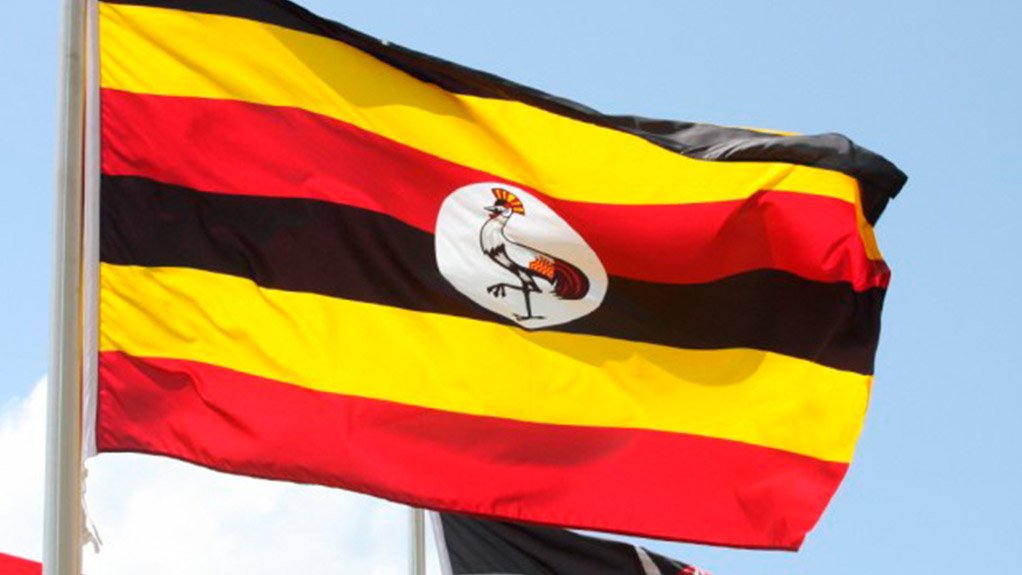Torture appears to be on the rise in Uganda according to a report by the Africa Centre for Treatment and Rehabilitation of Torture Victims (ACTV) in Kampala.
A new report by ACTV says 1 227 suspects were tortured in Uganda in 2015, a rise from 2014 when 1 007 cases of torture were reported.
The organisation conducts visits to police stations, army barracks and prisons as part of its investigations into alleged human rights abuses in detention facilities
“Torture by Ugandan security forces has reached frightening levels,” said Isaac Ssemakadde, the founder and executive director of Legal Brains Trust, a civil society and human rights watch dog.
“There is a lack of effective civilian oversight over the police and security apparatus and the international community is turning a blind eye by continuing to fund the Ugandan government,” Ssemakadde, a lawyer by profession, told the African News Agency (ANA) on Tuesday.
Ssemakadde has been involved in defending youths, who were arrested by the police and military in Western Uganda when fighting broke out between the Bakonjo and Baamba tribes over several months following February’s presidential elections, killing over 50 people.
In late April ANA visited the two volatile cities of Kasese and Bundibugyo in the Rwenzori region of Western Uganda, where much of the fighting had taken place, and interviewed Bakonjo and Baamba who had been involved in the clashes either as perpetrators or as victims.
Members of the Bakonjo told ANA that they were being victimised by the authorities and punished for taking part in the fighting while members of the Baamba who had burnt homes and attacked people were left alone by the police.
Some analysts pointed to political bias playing a part in that the Baamba were supportive of Ugandan President Yoweri Museveni following the elections.
The Bakonjo on the other hand were by and large supporters of the Dr Kizza Besigye, the opposition leader of the Forum for Democratic Change (FDC).
“The youths I defended were subjected to the worst kind of treatment. They were physically abused in addition to being denied access to lawyers and their family,” Ssemakadde told ANA.
“Some of those arrested actually died in detention or shortly there afterwards.”
However, Rwenzori region police spokesperson Lydia Tumushabe defended operations of the Flying Squad, which was accused of torturing suspects, saying it was their mandate to use reasonable force to execute their duties.
Police community liaison officer Moris Sunday also defended police detention for more than 48 hours saying it only applied to capital offences which need more time for inquiries, reported the Daily Monitor.
“The police force is not a credible institution capable of investigating and reforming itself,” countered Ssemakadde.
“We are told that the main reasons for the frightening levels of police brutality are lack of adequate training in the areas of human rights and that this can be resolved with adequate training.
“However, the main reason why police officers continue to be the top violators of human rights in Uganda is because they can get away with it, even when their their shenanigans are instantly broadcast on social media,” said Ssemakadde.
Ssemakadde said in addition to impunity for security force members who perpetrate abuses there is a lack of accountability by the government.
“There are 17 government agencies who come together regularly to coordinate budgeting, goal setting and accountability, but they don’t even discuss human rights abuses,” said Ssemakadde.
A Uganda Human Rights Commission report that was released in 2013 states that torture and cruel treatment or punishment increased from 23.7% in 2007 to 28.3% in 2010, 34.77% in 2011 and to 35.31% in 2012.
The report, indicates that the human rights body registered 706 cases in 2012 compared to 1, 021 in 2011, a 31% decrease. However, cases against the police, decreased from 457 in 2011 to 346 in 2012.
EMAIL THIS ARTICLE SAVE THIS ARTICLE
To subscribe email subscriptions@creamermedia.co.za or click here
To advertise email advertising@creamermedia.co.za or click here











